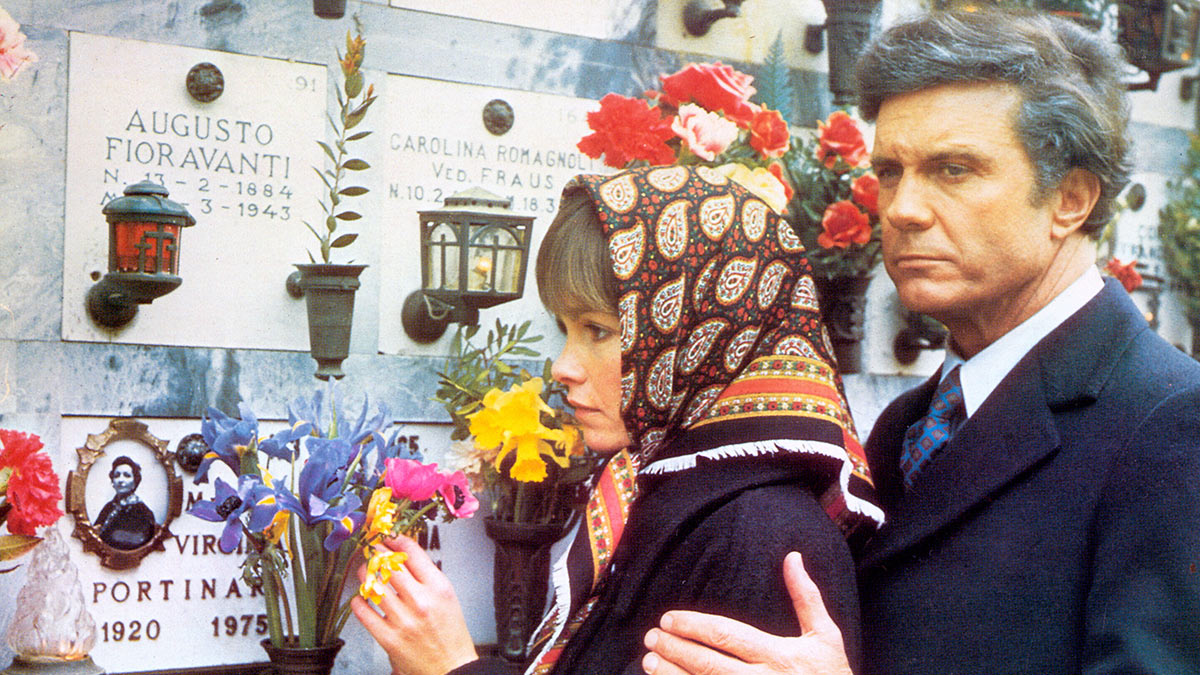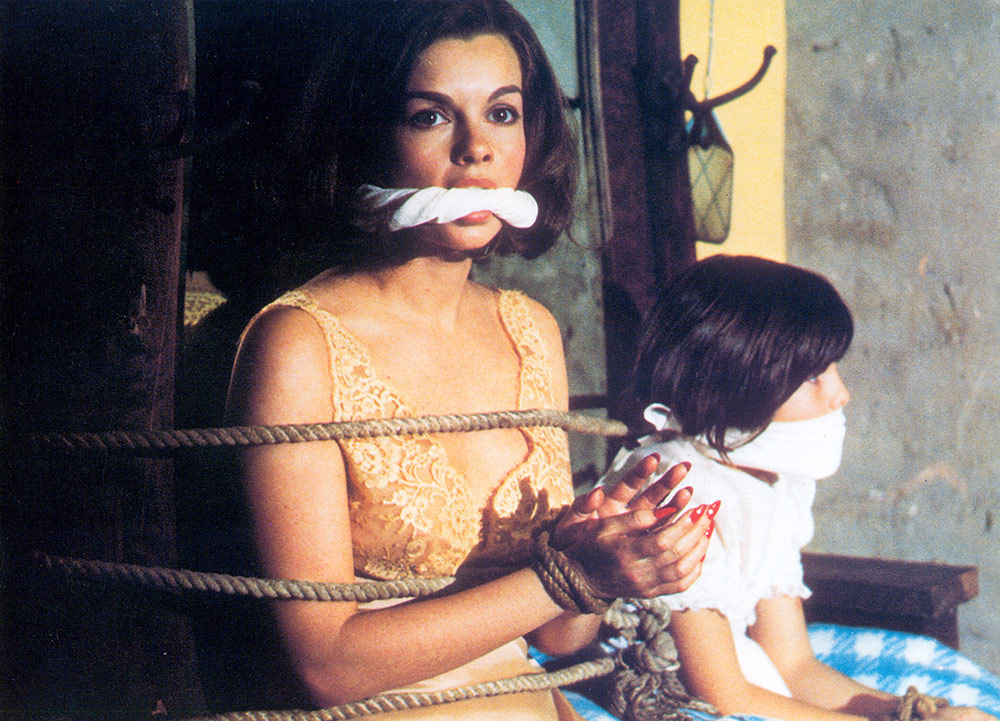
(c) Photofest / Getty Images
“Obsession” An anti-moral love story where all sorts of obsessions intertwine *Note! Contains spoilers.
2022.12.28
anti-moral theme
``Obsession'' had an extremely difficult time raising funds. I guess so. This work has a very dangerous theme. The theme is "incest."
Sandra's true identity is actually her beloved daughter Amy. Unbeknownst to her, Michael saw in her the image of his late wife and fell in love with her. When I think about it, `` Vertigo '' is a story about a man chasing the shadow of a woman who is no longer in this world. It was a story about an attempt to bring a dead person back from the underworld by making another woman wear the same clothes and hairstyle as the deceased. ``Obsession'' incorporates the motif of ``incest'' as a variation on this. Although it was deleted from the main story, there was also a scene in the original scenario where the two love each other. Paul Schrader advocated the need for this, but others were hesitant.
"I can't imagine why that happened. Maybe the producers thought it would lose the PG rating. In the end, all that was left was the incest suggestion. The decisive trigger is gone.”

“Obsession” (c)Photofest / Getty Images
Paul Schrader may have thought that by tackling anti-moral themes head-on, he could ``depict a pure form of love.'' However, many of the staff, including Brian De Palma, opposed the direct portrayal of incest. Editor Paul Hirsch says:
"Basically, I thought it was a mistake to bring incest into a romantic mystery, so I asked Brian, 'What if it never happens? What if instead of them getting married, Michael just dreamed of it? There's a shot of Cliff Robertson sleeping. I suggested, 'Why don't we take that and turn it into a wedding sequence?' And that's what we did. It ended up being a projection of his wishes rather than reality."
The ending of the film was also significantly altered from Paul Schrader's scenario. The final version ends with Michael rushing to the airport The Terminal to kill Sandra, realizing that she is actually the daughter he thought he lost 16 years ago, and hugging her tightly. However, in the original scenario, one more person was added.
Michael is arrested for murdering Robert (John Lithgow), who was trying to steal his property, and is committed to a mental hospital. Ten years later, he is released and decides to take revenge on Sandra. Armed with a gun, he returns to the church in Florence. However, what was there was her daughter, who was in a state of insanity. The church priest advises that the only way to save her is to kidnap her again and stage a play to rescue her. Michael follows his advice and carries out the kidnapping play, and Sandra, who has come to her senses, hugs her father...
However, De Palma cuts out this last part entirely. It was obvious that if the entire script was filmed, the movie would be over three hours long. An unbridgeable gap is created between the director and the screenwriter. And there was another person who strongly appealed for changes, saying, ``There's no need for such an ending. They should be together in the end.'' The music was composed by Bernard Herrmann.

